EU Data Regulator Threatens Meta’s ‘Pay or Okay’ Model
In a bold move following its 2023 ruling by the European Union data protection authorities deeming the practice of “selling user data as its primary source of revenue” illegal, Meta, the parent company of Facebook, has introduced a new approach for its EU users – the “Pay or Okay” model. This model allows users to pay to opt out of being tracked for advertising purposes on the platform. However, this initiative is now facing pressure from EU regulatory bodies.
On April 17th, the European Data Protection Board (EDPB) released a statement asserting that “free services without targeted advertising options should be provided to users.” According to the General Data Protection Regulation (GDPR), the EDPB’s role is to ensure consistent application of this comprehensive privacy law across trade bloc members.
Anu Talus, the Chair of the EDPB, emphasized that companies holding data should always be mindful of not turning basic data protection rights into functionalities that individuals must pay for, and users should be fully aware of the value and consequences of their choices.
Although this statement lacks legal force, Austrian privacy activist Max Schrems remarked, “Meta has run out of options in the EU.” Since Meta’s introduction of this measure, it has garnered strong opposition from over a dozen European political figures who have criticized the social media giant for commodifying human rights.
Critics argue that behavioral advertising fundamentally infringes on individuals’ privacy, and even if users decline web tracking, they can still access online services unless they give explicit consent. Unlike context-based advertising, behavioral ads are targeted based on specific user profiles, regardless of where the ad appears.
While a Meta spokesperson previously stated that the company’s subscription model is “in line with peers” and “in compliance with guidance from the European Court of Justice,” data protection authorities in countries like the Netherlands and Norway called for a review by the EDPB earlier this year. The Austrian digital rights organization “None of Your Business” lodged a complaint with the Austrian Data Protection Authority in November regarding the subscription model, but a decision is pending.
As the debate over data privacy and user rights intensifies, Meta finds itself at the center of a contentious battle with EU regulators and activists, raising questions about the future of online privacy and the balance between commercial interests and personal freedoms.

